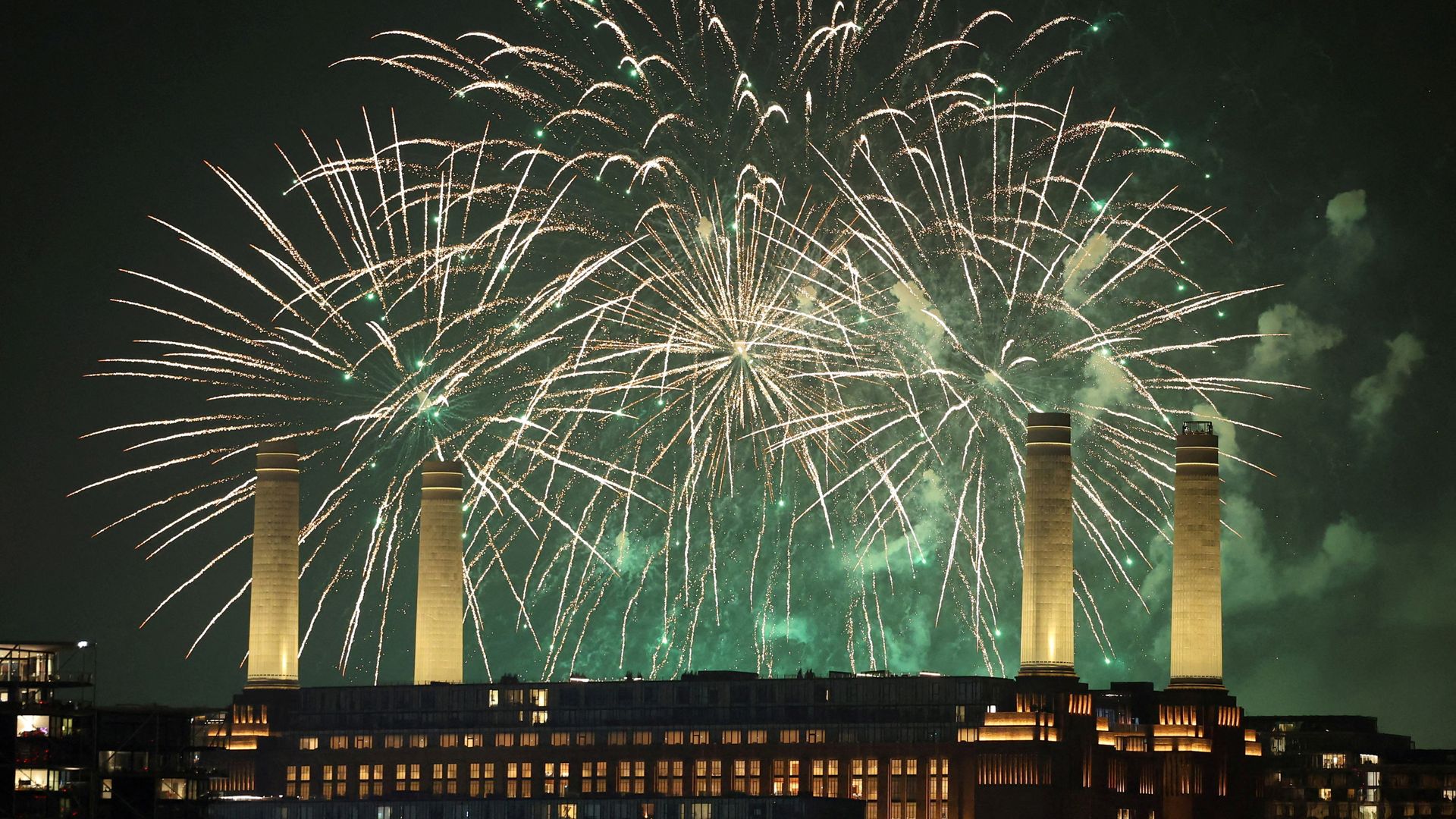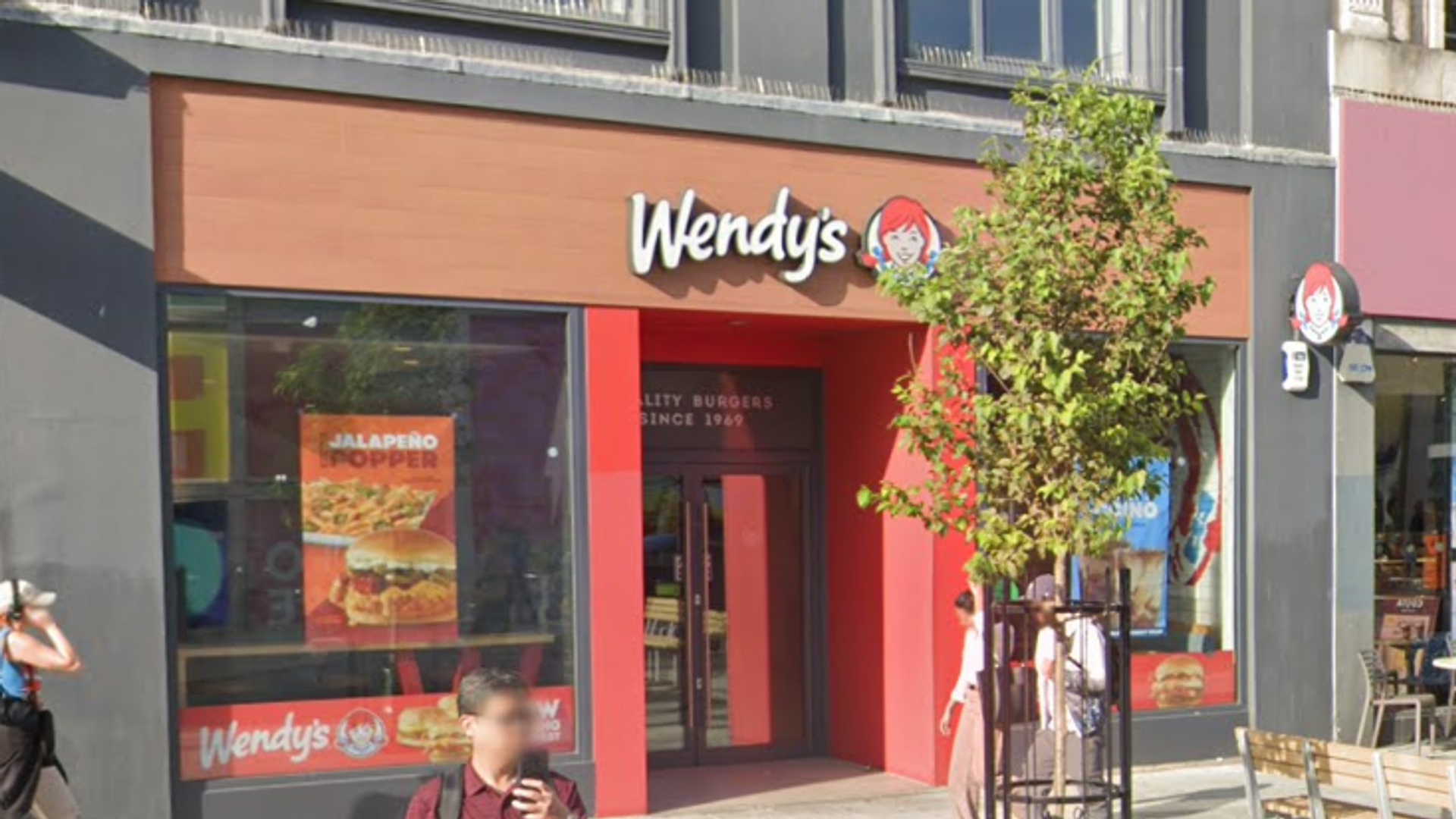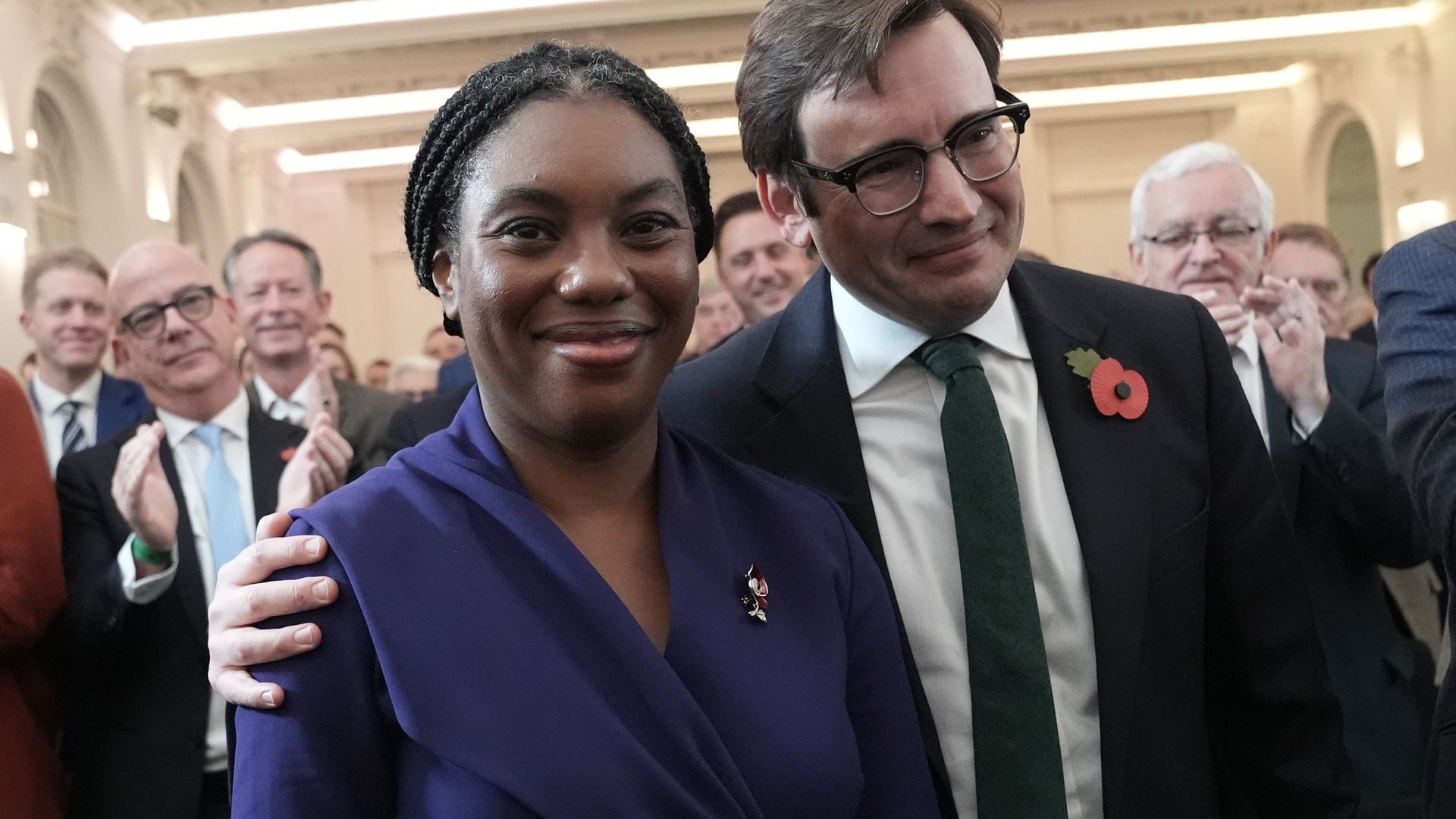
The BDN Opinion section operates independently and does not set news policies or contribute to reporting or editing articles elsewhere in the newspaper or on bangordailynews.com.
Scott Maxwell is the Metro Columnist for the Orlando Sentinel.
Please go north. Or west. Or east.
It’s a macabre activity — rooting for a dangerous storm to go over someone else’s home.
None of us actually want the storm to hit other people, of course. We just don’t want it to smack us. So we do all sorts of mental gymnastics to justify our desires for the storm to go elsewhere. (We got hit last year. Some of our neighborhoods still have flood damage. You know, God, there’s that one part of the state that hasn’t been hit in three decades.)
This is a dark and uniquely Floridian exercise. While tornadoes and thunderboomers pop up quickly to wreak havoc, Floridians watch the impending hurricanes for days on end. That leaves loads of time for all sorts of thoughts to cross our minds.
Recently, when the infamous cone of uncertainty included Orlando, the only thing I was certain about was that I didn’t want my house to get hit.
But then, days later, when I see other houses flooding, I start to feel guilty.
That’s only natural. So said Kathleen McHugh, a Winter Park psychologist, who said, “It’s a very normal and human response.” In fact, she noted that it’s one of our most basic human instincts; wanting to avoid something that could cause us harm.
“So that doesn’t make me a bad person?” I asked.
“Well, that doesn’t,” she responded.
I should acknowledge that McHugh is actually a friend of mine. Kathy’s seen me do things like steal shrimp off my wife’s dinner plate and let out expletives when someone cuts me off in traffic. So she has a lot of material to work with when considering my overall human worth.
But for purposes of this discussion, McHugh said it’s normal for anyone to both wish a storm away and then feel some guilt or sadness when it does damage elsewhere.
Hurricanes are anxiety-inducers in general. “The whole idea of the coming storm is stressful,” she said. “There are so many hours of it bearing down on the state. It destabilizes all of us.”
With all that time to fret, it’s no surprise that many Central Floridians — some of whom are still dealing with the lingering, moldy aftereffects of Ian from last year — wanted Idalia to go elsewhere.
But relief can turn to anguish when we see those who are being impacted. And that’s what many Floridians south of the I-4 corridor experienced as they watched the waters rise in Florida’s Big Bend Wednesday.
Yeah, we were spared. But Cedar Key sure wasn’t.
Still, that’s when another Floridian experience commences — rallying together. We do so after the winds die down and waters subside.
Most of us have been through this before. Hardly any part of the state has been spared.
Andrew devastated South Florida back in 1992. Irma chewed up much of the Gulf Coast in 2017. And Charley, Frances, Ivan and Jeanne all marched through Central Florida over the course of six stormy weeks in 2004 that culminated in a late September when roofs were as scarce as cool breezes.
Floridians united to help each other and rebuild. And I’m sure we’ll do so again now. Partly because that’s simply what you have to do when you live on one of the planet’s largest hurricane magnets.
And partly because, no matter where we hope or pray the next storm will go, we know there will be another one behind it that could come our way.












